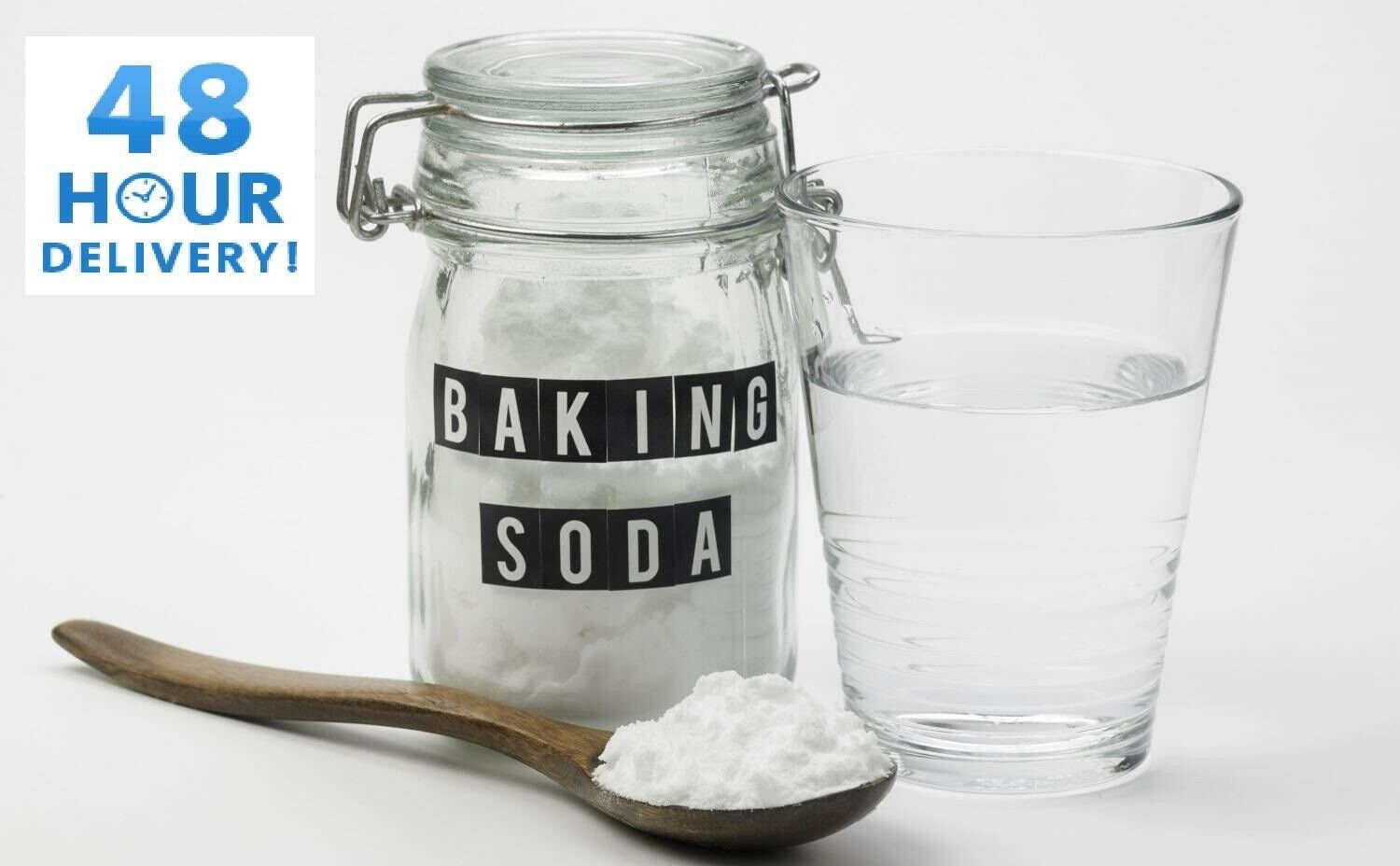Mouthwash Bicarbonate Soda

The use of bicarbonate soda, also known as baking soda, as a mouthwash has been a topic of interest for its potential oral health benefits. Bicarbonate soda, with its chemical formula NaHCO3, is a naturally occurring mineral that has been used for centuries in various household and personal care applications. Its application as a mouthwash is based on its ability to neutralize acids, reduce bacteria, and inflammation, making it a seemingly effective and natural alternative to commercial mouthwashes.
Historical Use of Bicarbonate Soda
Bicarbonate soda has a long history of use that dates back to ancient civilizations, where it was used for cleaning, cooking, and even medicinal purposes. The Egyptians, for example, used natron, a natural mineral salt, for cleaning and preserving bodies, which contained bicarbonate soda as a component. Similarly, in the 18th and 19th centuries, bicarbonate soda became a common ingredient in household remedies for various ailments, including toothaches and gum issues. This historical use sets a foundation for its consideration in oral health care today.
Oral Health Benefits
Neutralization of Acids: Bicarbonate soda can help neutralize acids in the mouth, which are produced by bacteria. This neutralization can prevent the dissolution of tooth enamel and reduce the risk of cavities.
Reduction of Bacteria: Studies have shown that bicarbonate soda can reduce the amount of bacteria in the mouth. By creating an environment less conducive to bacterial growth, it may help prevent conditions such as gingivitis and gum disease.
Inflammation Reduction: Bicarbonate soda has anti-inflammatory properties, which can help reduce swelling and pain in the gums, making it a potential aid for individuals suffering from gum disease.
Whitening and Cleaning: It can act as a mild abrasive, helping to remove plaque and surface stains from teeth, which can contribute to a brighter smile.
How to Use Bicarbonate Soda as a Mouthwash
Using bicarbonate soda as a mouthwash is relatively straightforward. A common method involves mixing 1 teaspoon of bicarbonate soda with 1⁄2 cup of water to create a solution. This solution should then be swished around the mouth for about 30 seconds to 1 minute before being spat out. It’s essential not to swallow the solution. For those looking for a more tailored approach, adjusting the concentration or adding other natural ingredients like essential oils (e.g., peppermint or tea tree oil) can enhance the experience and effectiveness.
Considerations and Precautions
While bicarbonate soda mouthwash may offer several benefits, there are considerations and precautions to keep in mind:
- Overuse: Using bicarbonate soda too frequently or in high concentrations can lead to enamel erosion due to its abrasive nature.
- Sensitivity: Some individuals may experience tooth sensitivity or gum irritation, which can be a sign to reduce usage or dilute the solution further.
- Interaction with Dental Work: Bicarbonate soda may not be suitable for individuals with certain types of dental work, such as braces or dentures, as it can potentially damage these appliances.
Conclusion
Bicarbonate soda mouthwash presents an intriguing natural alternative for maintaining oral health, with its potential to neutralize acids, reduce bacteria, and provide a cost-effective solution for individuals looking to supplement their oral hygiene routine. However, as with any health practice, it’s crucial to consult with a dental professional before making significant changes to one’s oral care regimen. By understanding the benefits, limitations, and proper usage of bicarbonate soda mouthwash, individuals can make informed decisions about incorporating this natural remedy into their daily lives.
Is it safe to use bicarbonate soda as a mouthwash every day?
+While bicarbonate soda can be a useful addition to your oral care routine, it’s generally recommended to use it 1-2 times a week. Daily use could potentially lead to tooth erosion due to its abrasive nature.
Can I use bicarbonate soda mouthwash if I have dental implants or veneers?
+How can I make my bicarbonate soda mouthwash taste better?
+You can enhance the taste of your bicarbonate soda mouthwash by adding a few drops of peppermint, lemon, or tea tree oil to the solution. However, always ensure that any additional ingredients are safe for oral use and used in appropriate quantities.



